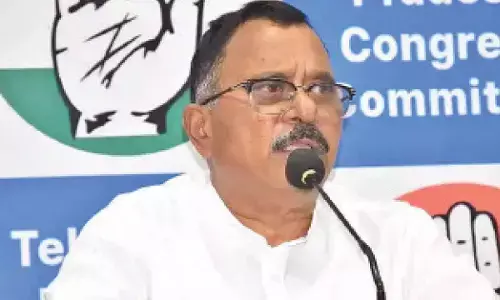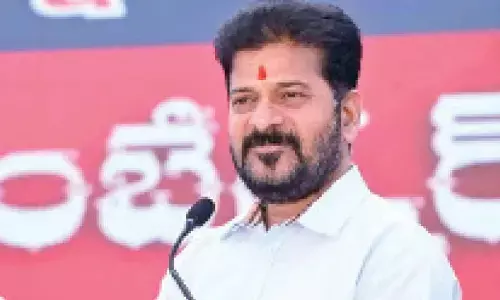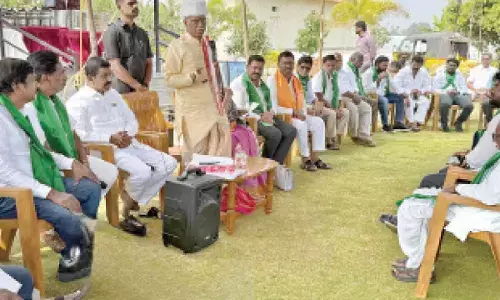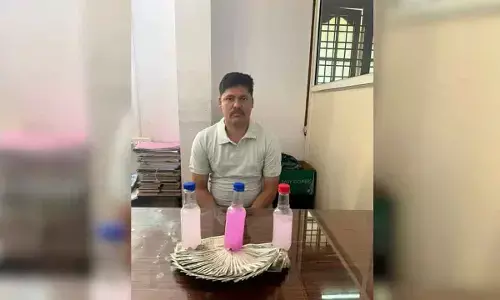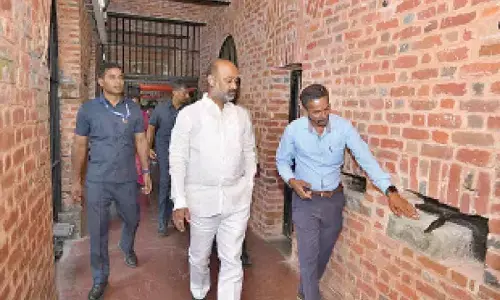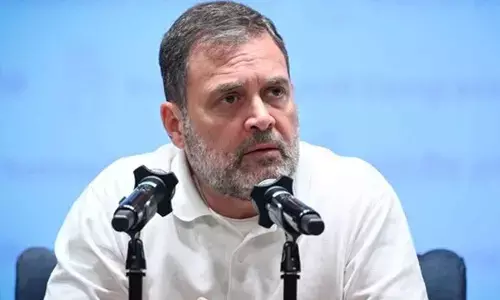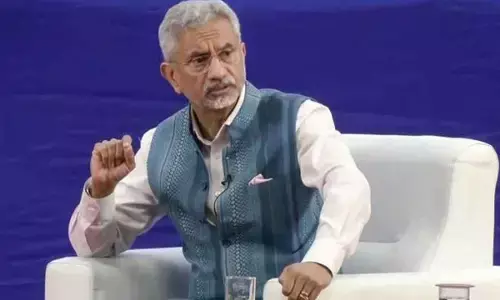Freedom of expression
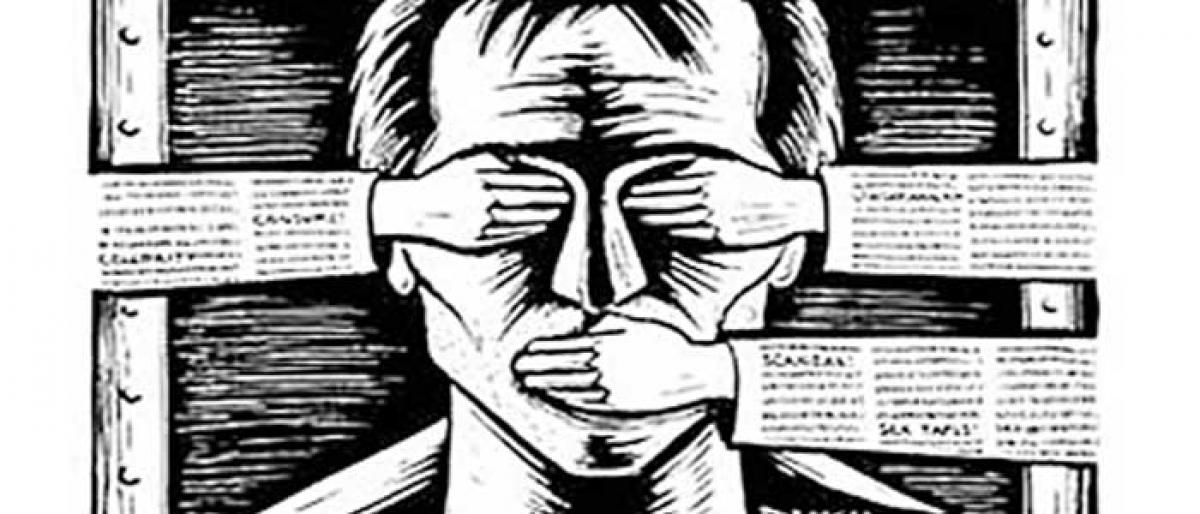
The Constitution of India provides the right of freedom, given in articles 19, 20, 21 and 22, with the view of guaranteeing individual rights that were considered vital by the framers of the constitution. The right to freedom in Article 19 guarantees the Freedom of speech and expression, as one of its six freedoms. In a landmark judgment of the case Maneka Gandhi v
The Constitution of India provides the right of freedom, given in articles 19, 20, 21 and 22, with the view of guaranteeing individual rights that were considered vital by the framers of the constitution. The right to freedom in Article 19 guarantees the Freedom of speech and expression, as one of its six freedoms. In a landmark judgment of the case Maneka Gandhi v. Union of India, the Supreme Court held that the freedom of speech and expression has no geographical limitation and it carries with it the right of a citizen to gather information and to exchange thought with others not only in India but abroad also.
The constitution of India does not specifically mention the freedom of press. Freedom of press is implied from the Article 19(1)(a) of the Constitution. Thus, the press is subject to the restrictions that are provided under the Article 19(2) of the Constitution. Under Indian law, the freedom of speech and of the press do not confer an absolute right to express one's thoughts freely.Clause (2) of Article 19 of the Indian constitution enables the legislature to impose certain restrictions on free speech under following heads: I. security of the State; II. friendly relations with foreign States; III. public order; IV. decency and morality; V. contempt of court; VI. Defamation; VII. incitement to an offence; and VIII. sovereignty and integrity of India. Reasonable restrictions on these grounds can be imposed only by a duly enacted law and not by executive action, writes Wikipedia.
A three-judge apex court bench had in 1989 stressed the State's "duty to protect the freedom of expression since it is a liberty guaranteed against the State" while underlining films' role in widening the public debate on issues of concern. "Movie is the legitimate and the most important medium in which issues of general concern can be treated. The producer may project his own messages, which the others may not approve of. But he has a right to 'think out' and put the counter appeals to reason," the bench had ruled.
"The State cannot prevent open discussion and open expression, however hateful to its policies." Headed by Justice K.J. Shetty, the bench had set aside a Madras High Court judgment that had revoked the "U" (unrestricted public viewing) certificate granted to Tamil film Ore Oru Gramathile (In One Village), according to The Telegraph.








